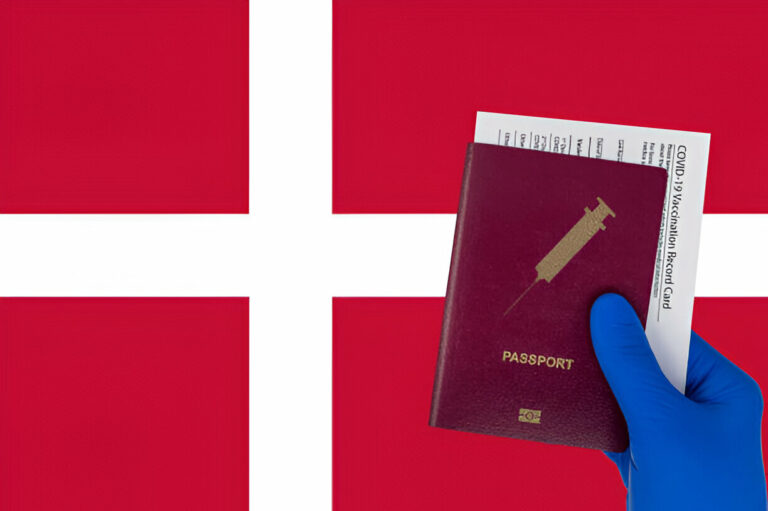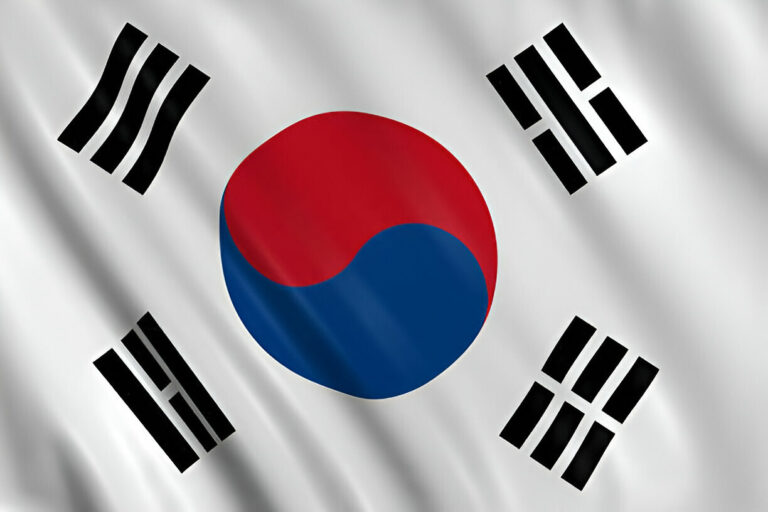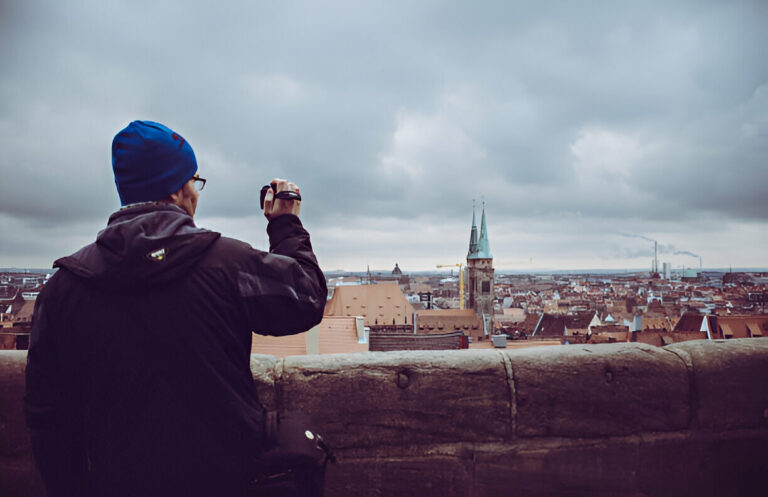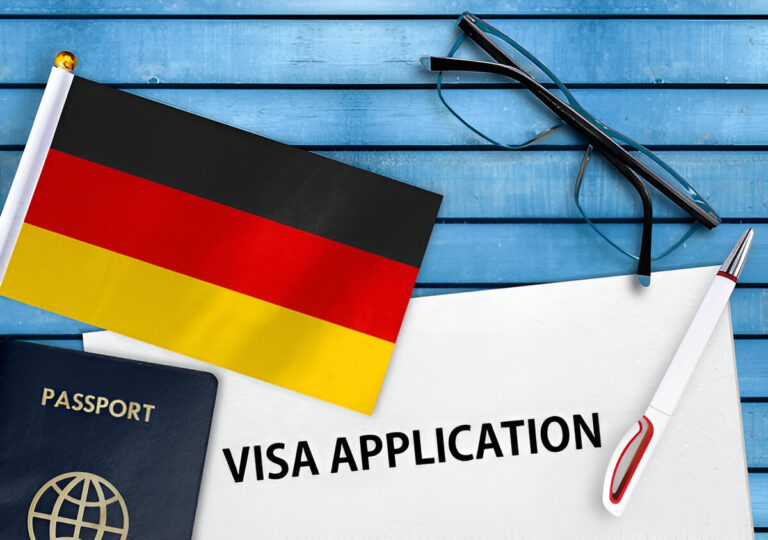South Korea Tourist Visa for Immigrants – Visa Sponsorship in South Korea
South Korea, renowned for its cutting-edge technology, vibrant culture, and robust economy, has become an increasingly popular destination for immigrants worldwide. Whether you’re planning to explore South Korea as a long-term resident or seeking opportunities for study, work, or family reunification, understanding the visa requirements is essential.
The South Korea Tourist Visa, officially known as the C-3 Short-term Visa, is designed for individuals intending to visit South Korea for tourism, visiting family or friends, attending conferences, or participating in short-term educational programs. While primarily intended for tourists, this visa category can also serve immigrants who plan to stay temporarily before transitioning to a different visa type.
Types of South Korea Tourist Visas
South Korea offers several subcategories under the Tourist Visa to cater to various purposes:
- C-3-1 Visa (Tourism/Leisure): For individuals traveling for tourism, sightseeing, or leisure activities.
- C-3-3 Visa (Visit Family/Friends): For those visiting family members or friends residing in South Korea.
- C-3-4 Visa (Attend Conferences/Seminars): For participants attending conferences, seminars, or other short-term educational events.
- C-3-9 Visa (Multiple Entries): For individuals requiring multiple entries within a specified period, ideal for frequent travelers or business visitors.
Eligibility Criteria for South Korea Tourist Visa
Before applying for a South Korea Tourist Visa, it’s essential to determine your eligibility based on the visa category you intend to apply for. While each subcategory has its own set of requirements, some general eligibility criteria apply across all Tourist Visas:
General Requirements
- Valid Passport: Your passport must be valid for at least six months beyond your intended stay in South Korea.
- Completed Application Form: Accurately filled out visa application form, which can be obtained from the South Korean embassy or consulate.
- Photograph: Recent passport-sized photograph adhering to South Korean visa photo specifications.
- Financial Proof: Evidence of sufficient funds to support your stay, such as bank statements, employment contracts, or sponsorship letters.
- Travel Itinerary: Detailed itinerary outlining your travel plans, including accommodation reservations and flight bookings.
- Health Insurance: Proof of health insurance coverage for the duration of your stay in South Korea.
- No Criminal Record: Police clearance certificate may be required to prove that you have no criminal history.
- Visa Sponsorship: Depending on your circumstances, you may need sponsorship from a South Korean entity or individual.
Specific Criteria Based on Purpose
- Tourism/Leisure (C-3-1):
- Travel Itinerary: Detailed plan of tourist activities, including places to visit and accommodation details.
- Proof of Employment/Education: Employment letter or school enrollment certificate to demonstrate your ties to your home country.
- Visit Family/Friends (C-3-3):
- Invitation Letter: Letter from your host in South Korea, including their contact information, relationship to you, and details about your stay.
- Proof of Relationship: Documentation proving your relationship with the host, such as birth certificates or marriage certificates.
- Attend Conferences/Seminars (C-3-4):
- Invitation Letter: Official invitation from the organizing body of the conference or seminar.
- Conference Details: Information about the event, including dates, location, and your role or participation.
- Multiple Entries (C-3-9):
- Frequent Travel History: Evidence of previous international travel to support the need for multiple entries.
- Purpose of Visits: Clear explanation of why multiple entries are necessary within the specified period.
Benefits of the South Korea Tourist Visa
Opting for the South Korea Tourist Visa offers several advantages that can enhance your immigration experience:
1. Faster Processing Times
The Tourist Visa system is designed to expedite the visa application process, reducing the time it takes to receive your visa approval. This is particularly beneficial for individuals who need to relocate quickly for travel, business meetings, or family visits.
2. Simplified Documentation
Compared to long-term visas, the Tourist Visa often requires fewer documents, making the application process less cumbersome. However, it’s essential to provide accurate and complete information to avoid delays or rejections.
3. Flexible Application Process
Tourist Visas offer more flexibility in terms of application submission, including the option to apply online for certain categories. This convenience allows applicants to manage their applications from the comfort of their homes.
4. Comprehensive Coverage
Tourist Visas cover a wide range of purposes, from tourism and leisure to short-term business trips and family visits. This versatility ensures that various travel needs are addressed under the Tourist Visa system.
5. Support and Guidance
Many Tourist Visa categories come with dedicated support services from South Korean embassies or consulates, providing guidance and assistance throughout the application process.
The Visa Sponsorship Process in South Korea
Visa sponsorship is a critical component of many Tourist Visa applications, especially for those visiting family or attending events. Understanding how sponsorship works and the roles of both sponsors and applicants is essential for a successful application.
What is Visa Sponsorship?
Visa sponsorship involves a South Korean entity or individual acting as a guarantor for the visa applicant. Sponsors can be employers, educational institutions, family members, or other recognized organizations in South Korea. The sponsor’s role is to support the applicant financially and ensure compliance with visa regulations.
Types of Sponsors
- Employers: For business-related visas, employers sponsor the visa applicant by providing business contracts and supporting documentation.
- Educational Institutions: For conference attendees, educational institutions act as sponsors by issuing official invitations and providing event details.
- Family Members: For family visit visas, South Korean spouses or relatives sponsor the applicant by providing proof of relationship and financial support.
- Organizations: Certain visa categories may require sponsorship from specific organizations or government bodies, depending on the purpose of the stay.
Responsibilities of Sponsors
- Documentation: Sponsors must provide accurate and complete documentation to support the visa application.
- Financial Support: Sponsors may need to demonstrate their ability to financially support the visa holder during their stay.
- Compliance: Sponsors are responsible for ensuring that the visa holder adheres to South Korean laws and visa conditions.
- Communication: Sponsors often act as the primary point of contact between the visa holder and South Korean authorities.
Rights of Visa Holders
Visa holders under sponsorship have certain rights, including access to events, family visits, and business meetings. However, they are also obligated to adhere to the terms and conditions of their visa, maintain valid status, and notify authorities of any changes in circumstances.
Step-by-Step Guide to Applying for the South Korea Tourist Visa
Applying for a South Korea Tourist Visa involves several steps, from assessing your eligibility to receiving your visa approval. Here’s a detailed guide to help you navigate the process:
1. Determine the Appropriate Visa Category
Identify the visa category that best aligns with your purpose of stay, such as tourism, visiting family, or attending a conference. Understanding the specific requirements and benefits of each category is crucial for a successful application.
2. Gather Required Documentation
Prepare all necessary documents as per the visa category requirements. Commonly required documents include:
- Valid passport
- Completed visa application form
- Recent passport-sized photographs
- Financial proof (bank statements, employment contracts)
- Travel itinerary (flight bookings, accommodation reservations)
- Health insurance coverage
- Sponsorship documents (invitation letters, relationship proofs)
3. Complete the Application Form
Accurately fill out the visa application form, ensuring that all information is correct and matches your supporting documents. Inaccurate or incomplete forms can lead to delays or rejection.
4. Submit the Application
Submit your application through the appropriate channels, which may include:
- Online Submission: Some visa categories allow for online applications through the official South Korean visa portal.
- In-Person Submission: Visit the nearest South Korean embassy or consulate to submit your application in person.
- Authorized Visa Centers: Utilize authorized visa application centers that facilitate the submission process.
5. Pay the Visa Fee
Pay the required visa application fee, which varies based on the visa category and processing speed. Ensure that you keep the payment receipt as proof of payment.
6. Attend an Interview (If Required)
Some visa categories may require an in-person interview to assess your eligibility and intentions. Prepare for the interview by reviewing your application and supporting documents.
7. Wait for Processing
The processing time for Tourist Visas is typically shorter than standard visas, but it can still vary based on the visa category and the volume of applications. Track your application status through the embassy or visa portal.
8. Receive Your Visa
Once approved, your visa will be stamped on your passport. Ensure that all the details are correct and that the visa covers the intended duration of your stay.
9. Plan Your Travel
With your visa in hand, you can proceed to make travel arrangements and prepare for your move to South Korea. Ensure that you comply with any entry requirements, such as health checks or quarantine measures, if applicable.
Common Mistakes to Avoid When Applying for a Tourist Visa
Securing the right visa requires careful attention to detail and adherence to requirements. Avoid these common pitfalls to enhance your chances of a successful application:
1. Incomplete Documentation
Failing to provide all required documents can lead to application rejection. Ensure you have a comprehensive checklist and double-check each document before submission.
2. Inaccurate Information
Providing incorrect or inconsistent information can raise red flags and result in delays or denial. Always verify the accuracy of your application details.
3. Missing Deadlines
Submitting your application late can jeopardize your plans. Start the application process well in advance of your intended travel date to account for processing times and potential delays.
4. Not Meeting Eligibility Criteria
Ensure you meet all eligibility requirements for the specific visa category. Failing to do so can lead to rejection and the need to reapply.
5. Ignoring Policy Updates
Immigration policies can change frequently. Stay informed about the latest requirements and guidelines to ensure your application complies with current standards.
6. Underestimating Financial Requirements
Ensure you have sufficient financial proof to support your stay. Underestimating the financial requirements can lead to rejection, even if other aspects of your application are strong.
Conclusion
Embarking on a new life in South Korea is an exciting journey filled with possibilities and experiences. Remember to avoid common mistakes, seek professional assistance when needed, and stay informed about policy changes to maximize your chances of a successful visa application. With the right preparation and support, you can confidently embrace your new life in South Korea, knowing that your travel and immigration needs are well-managed.





